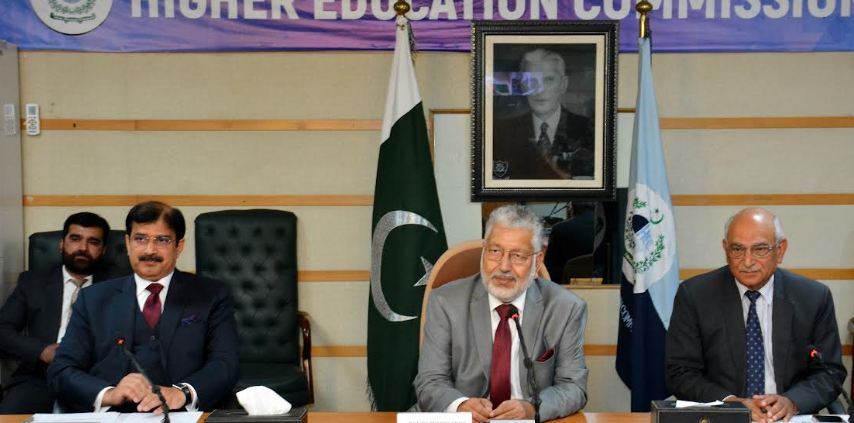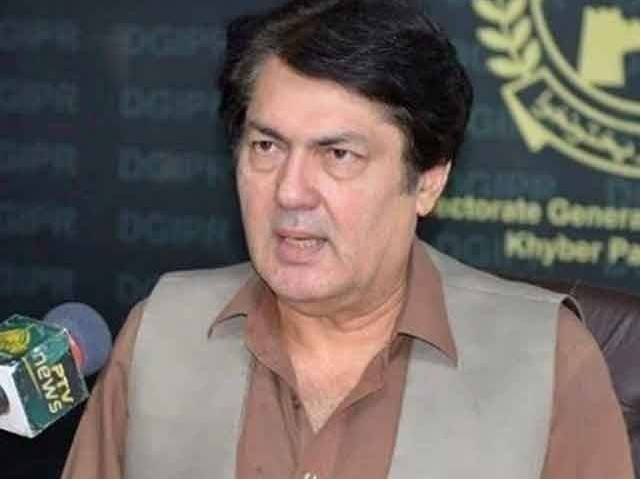The Higher Education Commission (HEC) held a high-level meeting at its Secretariat in Islamabad, bringing together national accreditation councils to discuss challenges and strategies for enhancing the quality of higher education in Pakistan.
The session was attended by chairpersons, presidents, and representatives from key accreditation bodies, including the Pakistan Medical & Dental Council (PMDC), National Council for Tibb (NCT), National Council for Homeopathy, Pharmacy Council of Pakistan (PCP), Pakistan Nursing and Midwifery Council (PN&MC), Allied Health Professional Council, Pakistan Bar Council (PBC), Pakistan Engineering Council (PEC), Pakistan Council for Architects and Town Planners (PCATP), Pakistan Veterinary Medical Council (PVMC), National Computing Education Accreditation Council (NCEAC), National Accreditation Council for Teachers Education (NACTE), National Business Education Accreditation Council (NBEAC), National Agricultural Education Accreditation Council (NAEAC), and National Technology Council (NTC).
During the meeting, HEC Executive Director Prof. Dr. Zia Ul-Qayyum emphasized the need for modernizing accreditation processes in response to the evolving landscape of higher education. He highlighted that outdated models must be replaced with innovative approaches, digital integration, and improved mechanisms to ensure the credibility and effectiveness of academic programs.

“Accreditation serves as the foundation of quality assurance in higher education,” he stated, reaffirming HEC’s commitment to facilitating collaboration among accreditation bodies to strengthen these processes and collectively tackle challenges.
Dr. Zia Ul-Qayyum also stressed the importance of aligning accreditation with industry requirements and international standards. He urged accreditation councils to work closely with industries and global accreditation organizations to equip graduates with competitive skills for the international job market. Strengthening accreditation standards, he added, would enhance the global reputation of Pakistani universities and produce graduates who are research-driven, innovative, and capable of contributing to economic progress.
The meeting identified key issues faced by accreditation councils, including resource constraints, regulatory gaps, limited international collaborations, and the need for regular curriculum updates to reflect industry advancements.
To address these challenges, participants proposed several strategic solutions, including revising and modernizing accreditation policies, implementing training programs for accreditation professionals, adopting international benchmarks, fostering stronger partnerships between HEC and accreditation bodies, and ensuring frequent curriculum updates to meet industry needs.
Prof. Dr. Anwar-ul-Hassan Gillani, Consultant for HEC’s Quality Assurance Agency and Quality Assurance Division, appreciated the participants for their valuable contributions. He assured them that such meetings would be held regularly to maintain momentum and ensure continued progress on key educational reforms.
The accreditation councils welcomed the initiative and committed to working closely with HEC to develop a stronger, more effective accreditation framework for higher education in Pakistan.





